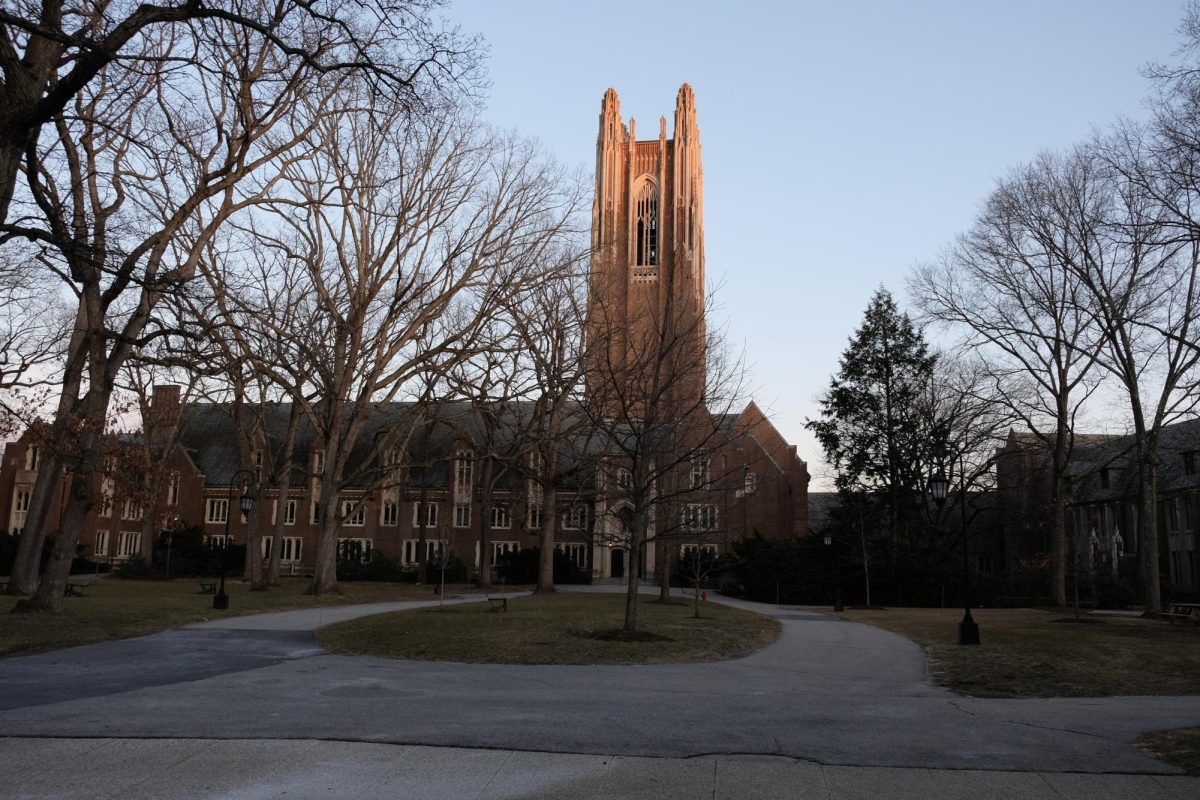As the United States’ top historically women’s college, what makes an applicant qualified to attend Wellesley College? While our admissions office encourages applicants to showcase their robust academic record and involvement in extracurricular activities, prospective students are often worried about their chances in regard to legacy.
In the past few years, California has proposed a ban on legacy admissions to all schools under its jurisdiction. This past month, the bill has been ratified, and a ban on legacy preferences in college admissions has gone into effect. This is a result of the efforts of advocacy from students and faculty who saw the advantage that legacy admits had over the rest of the applicant pool. With the Commonwealth of Massachusetts being home to numerous prestigious universities, state legislators must strengthen their efforts to follow suit.
Wellesley College has built a platform on the siblinghood of attending this institution. For many generations, mothers and daughters alike have sought the tradition of sharing a collegiate experience. While Wellesley admissions still takes note of those who are legacy students, they have put forth statements agreeing that they are to meet the same standards as other applicants. This rhetoric can be reassuring to undergraduate applicants, however does not put the issue to rest.
The concept of legacy admissions is foundationally inequitable. Legacy admissions have been wrong since the beginning, and the issue is no different at Wellesley College. Our siblinghood relies solely on the community and safety curated by current students, where outside connections are purely irrelevant. Especially with the recent overturning of affirmative action, legacy consideration is egregious.
Such policies and preferences that continue to prevail in college admissions target prospective students who are underprivileged, yet just as valuable to be a member of a collegiate community. It is important that as students we are able to recognize such inequities, and urge our leaders to follow the moves of others.
Wellesley College should completely disregard legacy preferences in order to become the premier front towards progression. To follow should be the state of Massachusetts, where prestigious education and family advantage come in tandem far too often.
Work in the state’s house has already moved towards this idea with Bill S.821, and neighboring states have introduced the topic to be discussed. As students who demand diversity and equity in college admissions, we implore our legislators to support this bill.
If such actions were supported, this could become the additional support needed to be recognized on Capitol Hill. Such recognition from the top universities here in Massachusetts to the steps of the Senate could produce a solution that would leave legacy admissions in the history books. It is undeniably the time for our representatives to take the action so many have advocated for.
For most of us, the issue of legacy admissions has been long “over with,” and it is time for both the college and the Commonwealth of Massachusetts to accept this for good.
Contact the editor(s) responsible for this story: Caitlin Donovan




